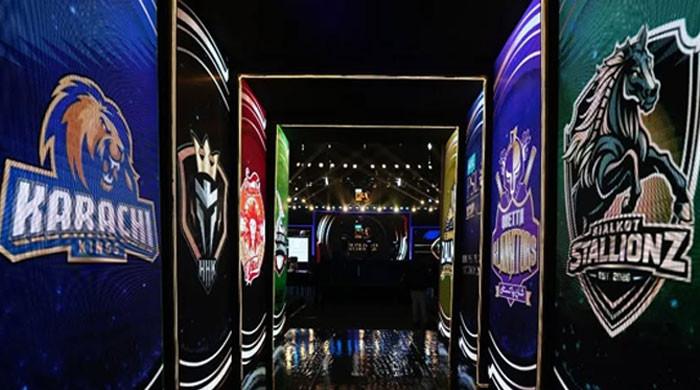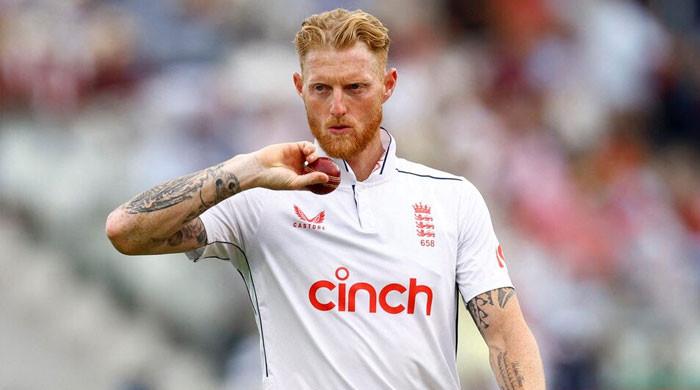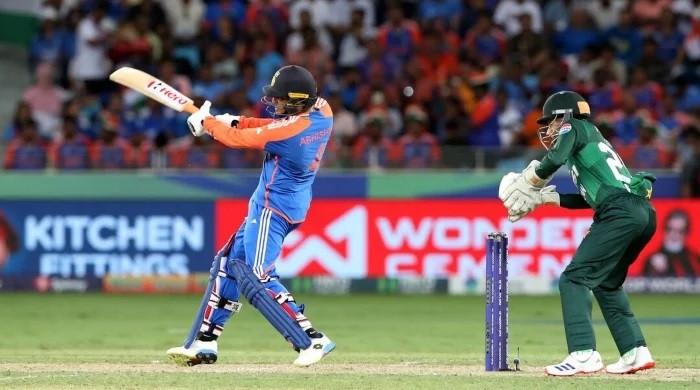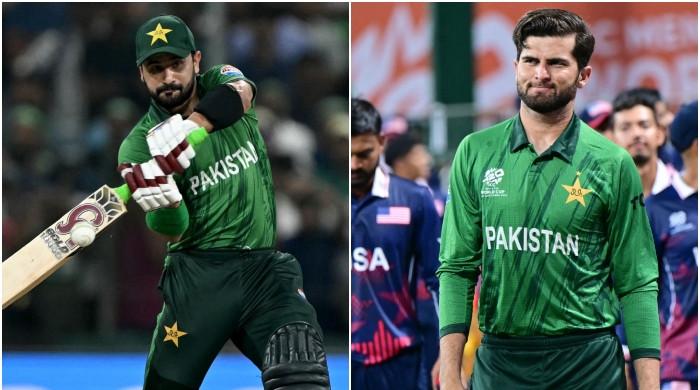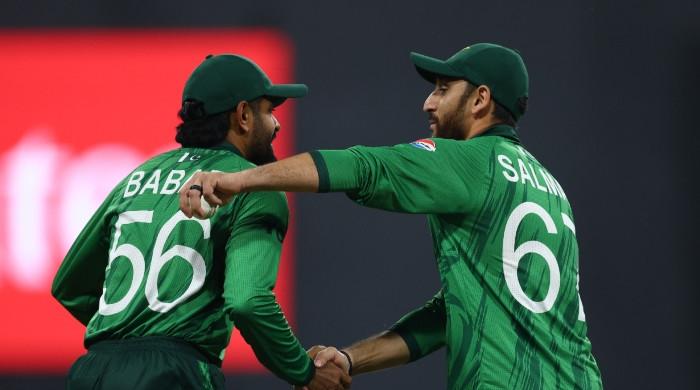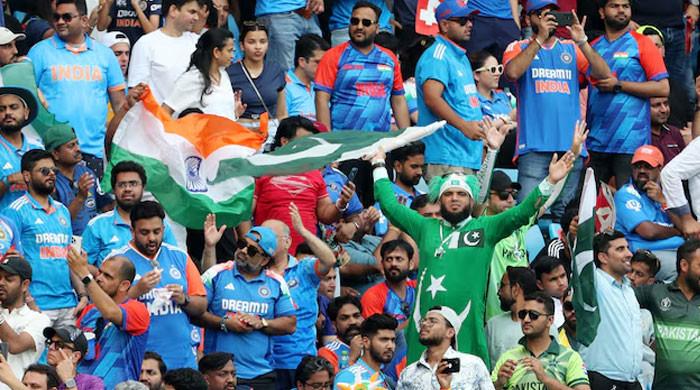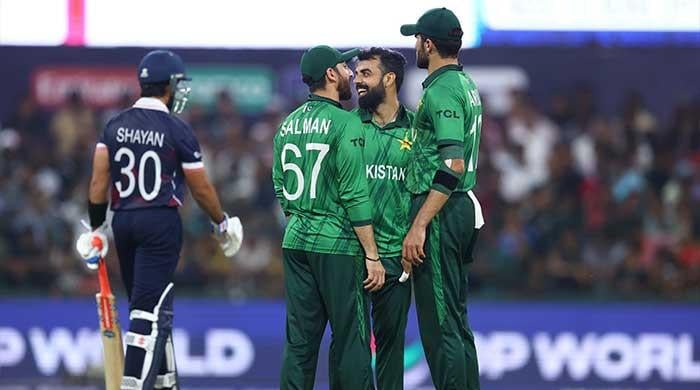What is Wimbledon curfew and how is it disappointing fans?
Despite Djokovic's commanding lead over Hubert Hurkacz, the match was suspended as it approached the designated cut-off time
July 11, 2023
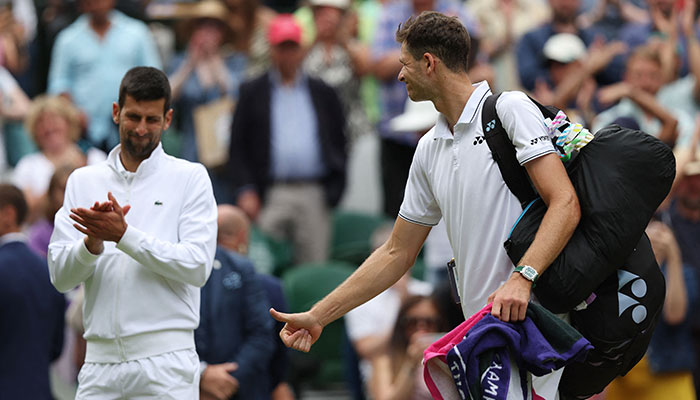
Fans of Novak Djokovic were left disappointed on Sunday when play was abruptly halted due to Wimbledon's curfew. Despite Djokovic's commanding lead over Hubert Hurkacz, the match was suspended as it approached the designated cut-off time.
Similar circumstances occurred a few days earlier with Andy Murray's match. This raises questions about the curfew and its implications for the tournament.
Unlike other Grand Slam tournaments, Wimbledon enforces a specific finishing time. While matches on outside courts end when lighting becomes insufficient, the show courts—Centre Court and No. 1 Court—have retractable roofs with LED lights, enabling play to continue late into the night. However, in adherence to the curfew, play on the show courts ceases at 11 p.m. local time (6 p.m. ET). This regulation was introduced in 2009 when the Centre Court roof was inaugurated.
The curfew serves as a planning condition to balance the needs of residents with the operation of an international tennis event situated in a residential area. It also considers transportation logistics and ensuring visitors' safe return home. Matches cannot extend past 11 p.m. and are resumed on the following day.
This year's Wimbledon has already witnessed two matches affected by the curfew. Murray's intense second-round battle against Stefanos Tsitsipas started late in the evening after preceding matches, causing the contest to halt approximately 20 minutes before the curfew. The match resumed on the following day, benefiting Tsitsipas, who ultimately won. Djokovic's match against Hurkacz also fell victim to the curfew after a series of extended matches. The match was poised for an exciting continuation in the third set on Monday.
Notably, there have been exceptions to the curfew in the past. Murray's victory over Marcos Baghdatis in 2012 extended slightly past 11 p.m., demonstrating flexibility and discretion from the tournament officials and local authorities. The curfew's enforcement is intended to strike a balance between respecting the needs of residents and accommodating the world-class tennis event.
While the curfew may disappoint fans and potentially impact the rhythm of matches, it remains an integral part of Wimbledon's operational guidelines. The curfew ensures compliance with planning regulations, prioritises residents' interests, and guarantees a safe and well-organised tournament environment.




